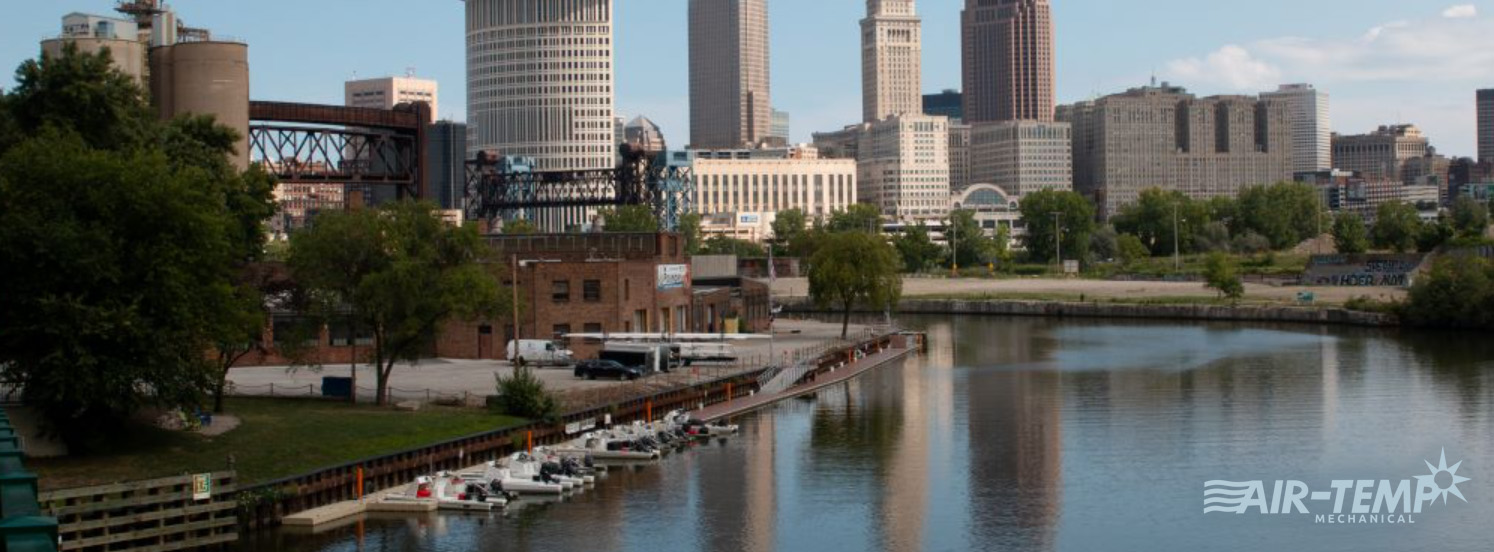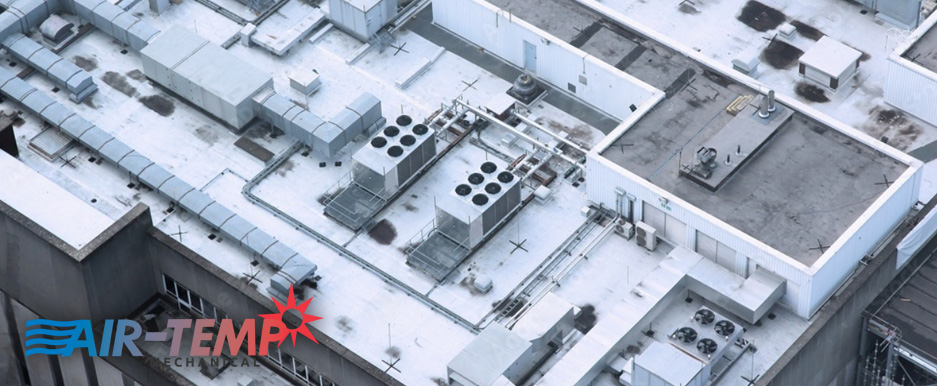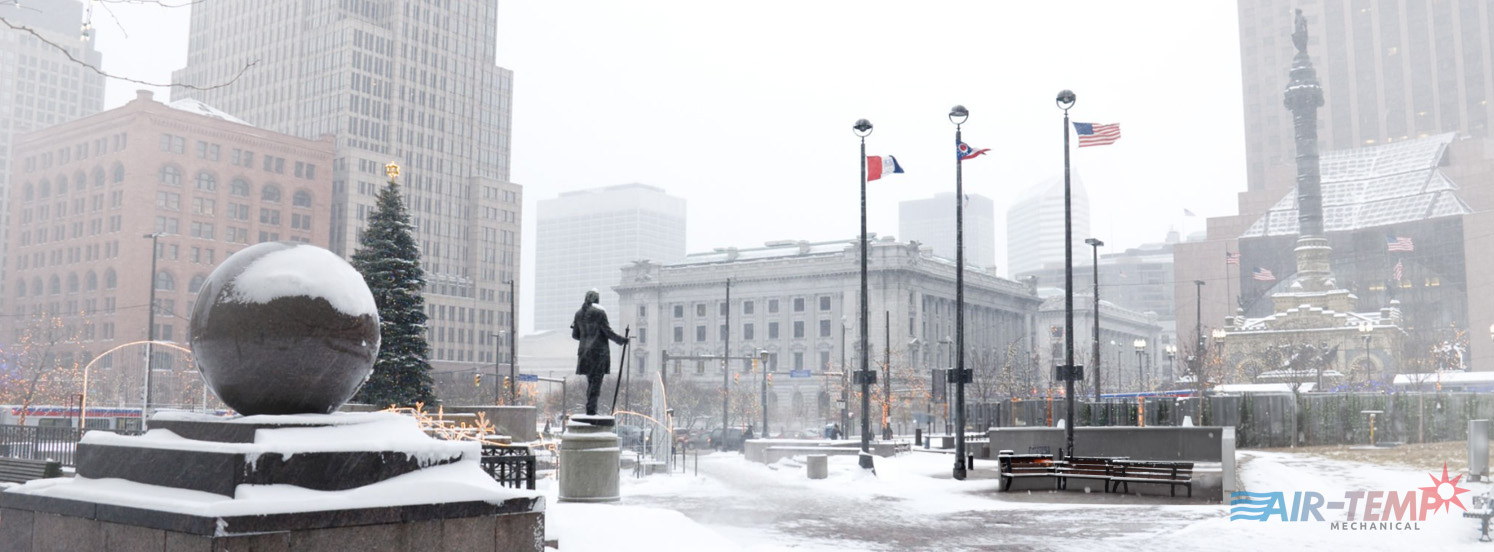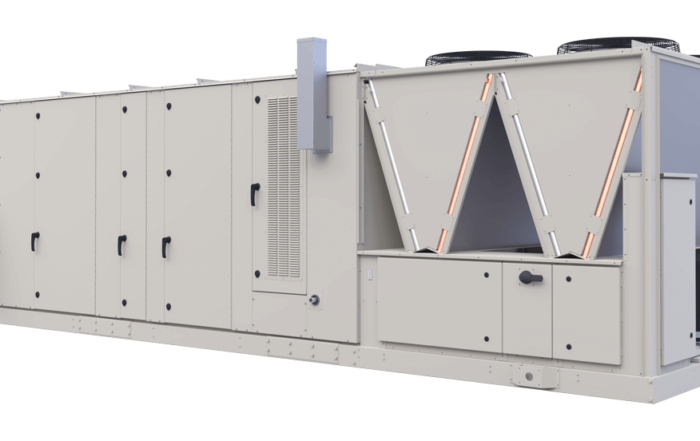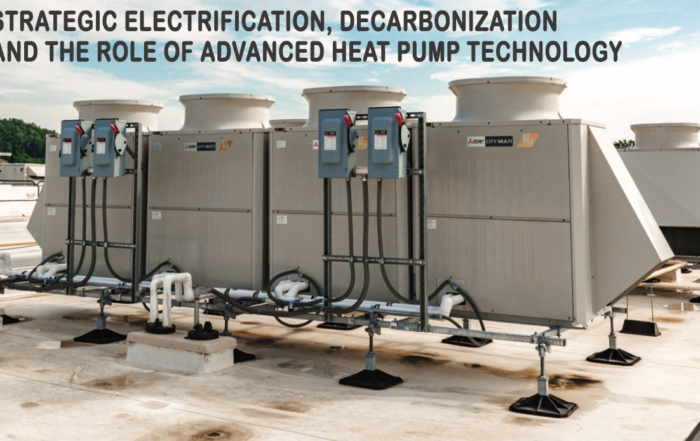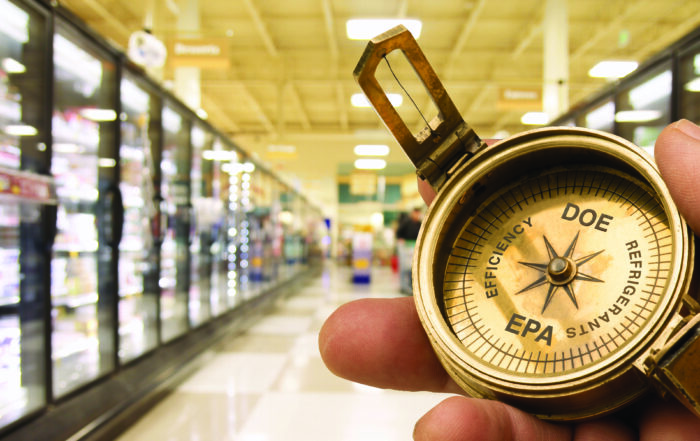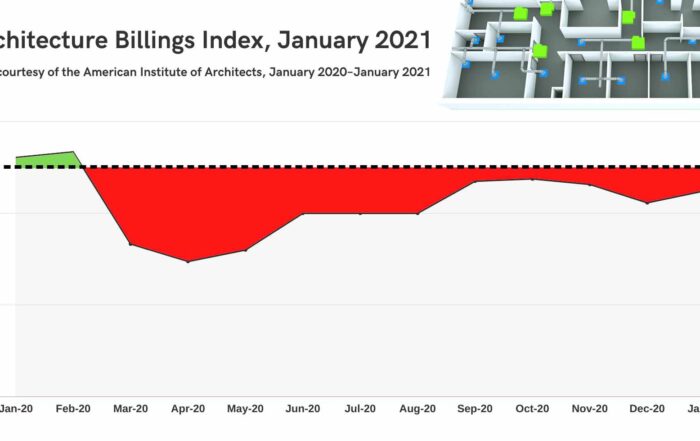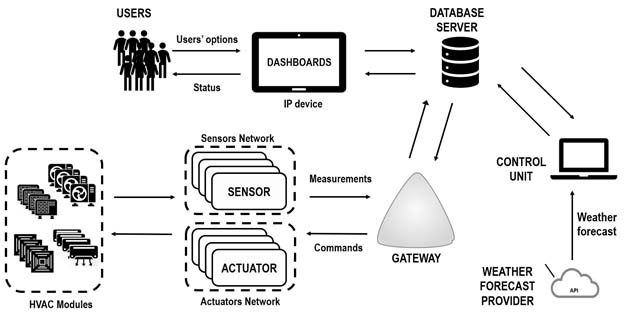Elevating Comfort and Efficiency: Air Temp Mechanical’s Commercial HVAC Solutions in Northern Ohio
When it comes to running a successful business in Northern Ohio, the importance of a reliable and efficient heating, ventilation, and air conditioning (HVAC) system cannot be overstated. At Air Temp Mechanical, we understand the unique climate challenges of the region and have been dedicated to providing top-notch commercial HVAC and refrigeration solutions since 1978.
Navigating Northern Ohio’s Diverse Climate
Northern Ohio experiences a climate that varies significantly throughout the year, from cold winters with snow to warm and humid summers. Our team at Air Temp Mechanical recognizes the importance of adapting HVAC systems to the changing demands of the local weather, ensuring your commercial space remains comfortable year-round.
Energy Efficiency Tailored to Your Business
In our commitment to excellence, Air Temp Mechanical specializes in energy-efficient HVAC solutions designed to lower utility costs and align with sustainability goals. Whether you operate a retail store, office building, healthcare facility, or industrial space, our team customizes systems to meet the unique requirements of your commercial space.
Comprehensive Commercial HVAC Services
At Air Temp Mechanical, we offer a comprehensive range of commercial HVAC services, including installation, refrigeration solutions, automated systems, maintenance, and repair. Our seasoned professionals are IBC and NFPA qualified, making us the ideal choice for healthcare facilities requiring specialized HVAC services. We […]
Maximizing Efficiency and Savings: A Comprehensive Guide to Commercial HVAC Systems
Commercial HVAC (Heating, Ventilation, and Air Conditioning) systems play a pivotal role in maintaining optimal working conditions within businesses and industrial spaces. These systems are designed not only to regulate temperature but also to ensure air quality, comfort, and energy efficiency. Understanding the nuances of commercial HVAC systems, their components, costs, and efficiency factors is crucial for businesses aiming to create a comfortable environment while minimizing operational expenses. We offer service in Cleveland, Akron, Canton, and the greater Cleveland area.
- Understanding Commercial HVAC Systems:
Components: A typical commercial HVAC system consists of various components such as furnaces, air conditioning units, heat pumps, ductwork, thermostats, ventilation systems, and controls. Each component serves a specific function in maintaining indoor climate control.
Types of Systems: The choice of HVAC system depends on the specific needs of the business. Common types include single-split systems, multi-split systems, Variable Refrigerant Flow (VRF) systems, rooftop units, and chilled water systems.
Importance of Maintenance: Regular maintenance is essential to ensure the longevity and efficiency of HVAC systems. Scheduled inspections, cleaning, and timely repairs help prevent breakdowns and optimize performance. - Factors Affecting Commercial HVAC Costs:
System Size and Capacity: The size of the HVAC system required depends on the square footage of the commercial space, insulation, and specific […]
Prolonged Freezing Temperatures: Commercial Rooftop HVAC Systems Points of Failure
As temperatures plummet to zero degrees or lower, the efficiency and functionality of commercial rooftop HVAC (Heating, Ventilation, and Air Conditioning) systems become crucial for maintaining indoor comfort. However, these extreme weather conditions pose significant challenges for HVAC systems, leading to potential failures and performance issues that can disrupt operations and cause discomfort for building occupants. Understanding the common failures that occur in freezing temperatures is essential for preemptive measures and ensuring uninterrupted system functionality during harsh weather conditions.
- Compressor Concerns: One of the most prevalent issues in freezing temperatures involves the compressor. Cold weather can cause the oil inside the compressor to thicken, making it harder to circulate. This can lead to increased strain on the compressor, reduced efficiency, and potential system failure. In some cases, the compressor might even fail to start, resulting in inadequate heating or complete system breakdown.
- Frozen Condensate Lines: Another common problem during freezing temperatures is the freezing of condensate lines. When water condenses and freezes within the HVAC system’s piping, it can block the flow of air and impair the system’s performance. If not addressed promptly, this issue can lead to water leaks and significant damage to the system.
- Thermostat Malfunction: Freezing temperatures can also affect the accuracy […]
Specialists Expect Interest in IAQ to Continue after COVID
Shoppers are now becoming more mindful of indoor conditions The Covid pandemic expanded customer attention to indoor air quality to its most significant level. Normal individuals turned out to be considerably more w orried about [...]
Commercial HVAC 2021 & Beyond
Decarbonization, there are an assortment of new drivers speeding up the transition to low carbon energy sources and advancements, including government and state orders, corporate responsibilities, and financial backer assumptions. In April, for instance, the [...]
EPA Proposal: Banning of Disposable Cylinders with Required Cylinder Tracking
The EPA has delivered a new proposal with a major goal for staging down the creation and utilization of all HFC items, including numerous normal refrigerants utilized today. Essentially an EPA Announces Phaseouts of HFC [...]
EPA Petition for Uniform HFC Phasedown
The Air Conditioning, Heating, and Refrigeration institute (AHRI) joined in excess of 35 other industry and natural associations in appealing to the U.S. Environmental Protection Agency (EPA) looking for uniform public guidelines for fixed cooling [...]
Commercial HVAC 2021 Forecasting
What will commercial HVAC look like in 2021? Perhaps the most well known tool used to measure the future development for non-private development is the Architecture Billings Index (ABI). Presently, billings are down, which shows [...]
Internet of Things (IoT) Commercial HVAC Controls that Improves Efficiency & Effectiveness
Intelligent structures influence IoT devices to limit energy utilization while keeping people comfortable agreeable. Smart HVAC Technology keep basic control and upkeep information consequently refreshed and effectively available. Clients distantly tweak their settings through applications, [...]

